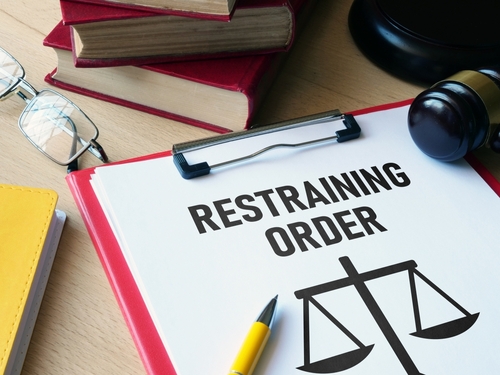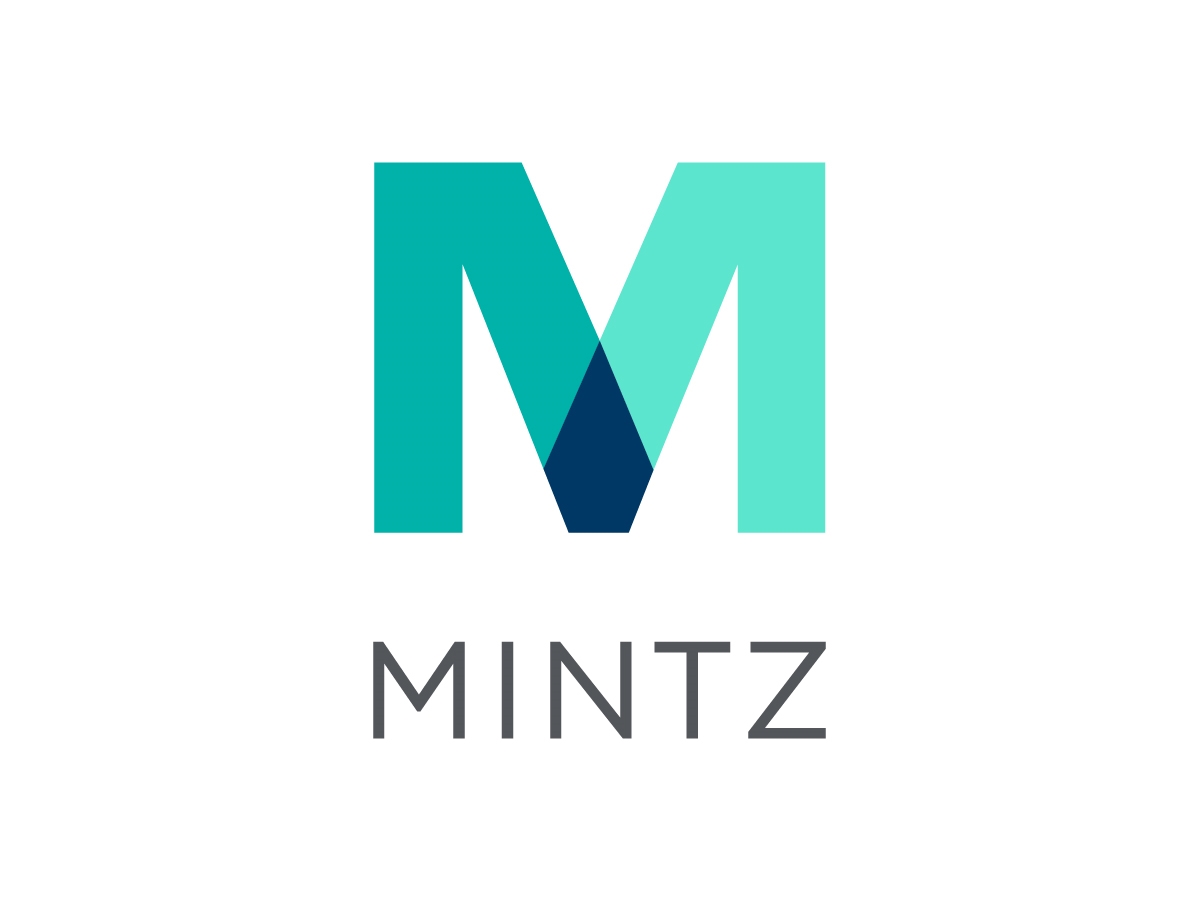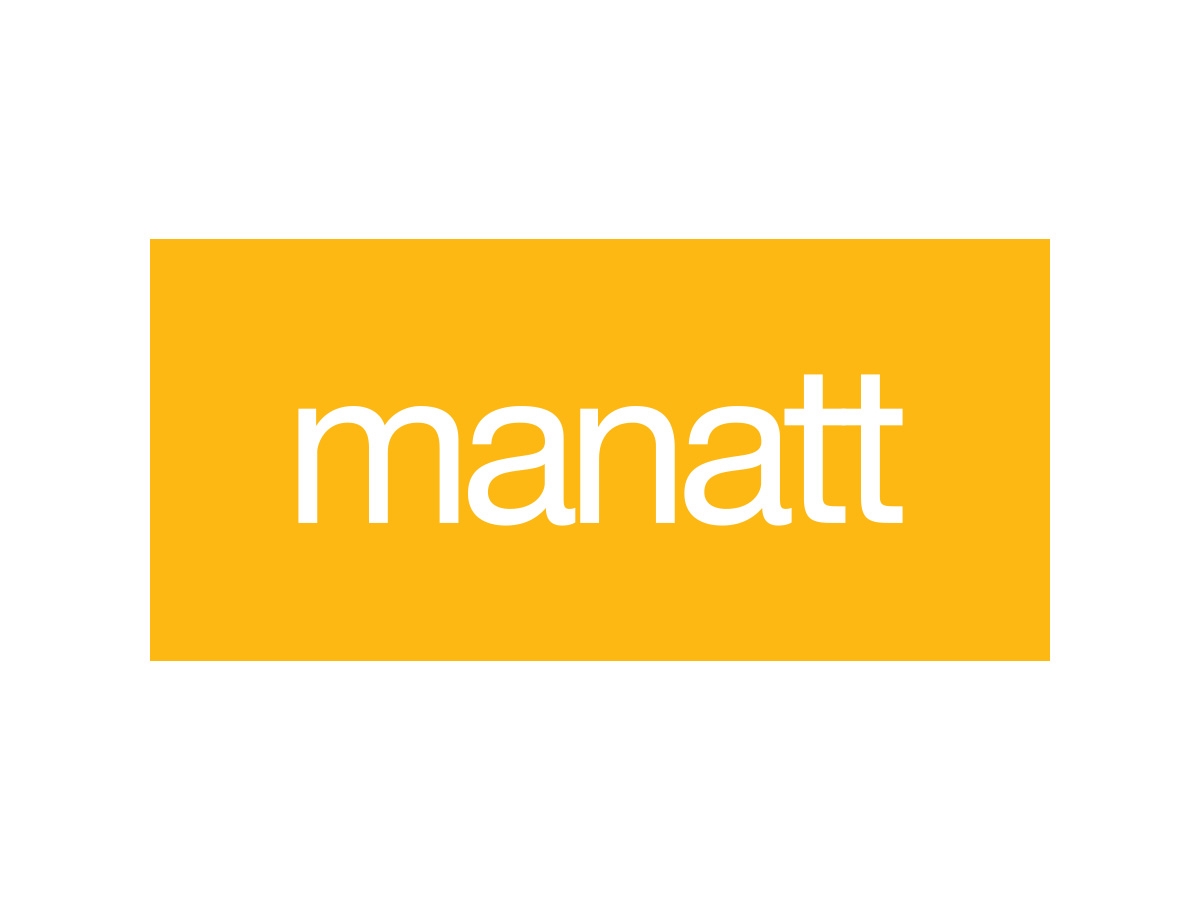The Madrid Protocol – July 2024 | Locke Lord LLP
The United States is a party to the Madrid Protocol, an international treaty simplifying and centralizing the process for registering trademarks on an international basis. This treaty allows owners of U.S. trademark registrations and pending applications for registration to utilize a simplified and streamlined procedure for obtaining trademark protection in many foreign jurisdictions.
Locke Lord has significant experience in trademark protection and licensing, in the United States and internationally. We have been filing international trademark applications under the Madrid Protocol since the accession of the United States in November 2003 and will be able to assist you when seeking international trademark registration through the Madrid Protocol or otherwise.
SUMMARY OF MADRID PROTOCOL SYSTEM
For a modest fee, any trademark owner based in the United States may apply to register a trademark covered by a U.S. trademark application or registration on an International Register maintained by the World Intellectual Property Organization (WIPO). The application is filed through the U.S. Patent and Trademark Office and registration on the International Register is automatic upon compliance with the proper filing formalities and payment of the appropriate filing fees. Registration of a mark on the International Register provides no trademark protection on its own, but the owner of a trademark registered on the International Register obtains trademark protection in jurisdictions that are parties to the Madrid Protocol by “designating” one or more such jurisdictions. A list of the jurisdictions that are parties or soon to become parties to the Madrid Protocol is set forth on Table A.
When the trademark owner designates countries to be covered by the international registration, WIPO forwards the details of the international registration to the trademark authorities in each designated country. Each trademark office then has up to 18 months to review the application to determine whether it complies with local legal requirements for registration. If any substantive objection is raised, the applicant must address it in accordance with the local laws of the designated country. If the designated country fails to raise an objection to the application during the 18-month examination period or if all objections raised are resolved, the international registration becomes effective as a trademark registration in the designated country, with the same effect as if the applicant had obtained a trademark registration by applying under the laws of the designated country.
When filing an application for registration on the International Register, the applicant must designate at least one foreign jurisdiction and pay the applicable jurisdiction-specific fee for each jurisdiction covered (in addition to the filing fees for the international registration itself). Additional jurisdictions covered by the Madrid Protocol may be subsequently added to the international registration by the applicant at any time by payment of a subsequent designation fee of CHF 300 and the applicable jurisdiction-specific fees.
Filings Fees and Renewal
The filing fees under the Madrid Protocol are denominated in Swiss Francs. The base filing fee for the international registration is currently CHF 653 for a trademark (CHF 903 when the mark is in color). The jurisdiction-specific filing fees vary and are set forth on Table A.
Registration on the International Register remains in force for a period of 10 years. The registration may be renewed for additional 10-year terms by payment of a base renewal fee (currently CHF 653) plus a country-specific fee for each country then designated under the international registration. Like the application fee, the renewal fee varies by country and the number of classes of goods covered by the registration.
The international registration and associated rights in designated countries are dependent upon the U.S. trademark registration or application upon which the international registration is based for a period of five years after registration of the mark on the International Register. If the U.S. application is denied or if the U.S. registration is cancelled within this five-year period, the international registration and all associated benefits in designated countries will be cancelled.
The owner of an international registration that has been cancelled due to termination of the underlying U.S. registration may file local trademark applications with each of the designated countries in which protection was previously afforded by the international registration. The trademark owner must pay all applicable application fees and complete the application process as provided for any other trademark application submitted under local law, but the trademark owner will receive the priority date of the cancelled international registration for all local trademark applications filed within three months after cancellation of the international registration.
After the five-year period has passed, the international registration ceases to be dependent upon the U.S. registration or application and will remain valid irrespective of the abandonment, cancellation or expiration of the underlying U.S. registration or application.
BENEFITS OF REGISTRATION THROUGH MADRID PROTOCOL
- Eliminates need to prepare and file separate trademark applications in each country in which protection is sought
- Necessary filings are handled through the U.S. Patent and Trademark Office
- Not necessary to retain local counsel at filing stage
- Local counsel need only be retained if trademark office of a designated country raises objections to the registration
- Streamlined process generally results in substantial application fee savings
- Simplifies administrative burden of registering in multiple countries
- Single registration, with one renewal date, replaces multiple registrations with varying renewal requirements
- Changes in ownership of international registration accomplished with single filing
- The 18-month deadline for local trademark offices to object to the extension of registration to a country designated in the international registration significantly accelerates the registration process in certain countries
DRAWBACKS OF REGISTRATION THROUGH MADRID PROTOCOL
Scope of Protection
- The scope of the trademark registration on International Register must be identical to (or narrower than) the scope of underlying U.S. application or registration
- Because the U.S. Patent and Trademark Office requires relatively specific descriptions of the goods and services, the description of goods and services in the extension of an international registration to a foreign country may be significantly narrower than the description of goods and services that would be permitted in an application filed directly in the foreign country
- Because U.S. trademark law generally requires the mark to be actually used on the goods or services within three years after publication of the U.S. trademark application, the scope of goods and services protected may be limited to goods and services sold in the United States during the relevant time frame, where an application filed directly in the foreign country may not be limited in this manner
Dependence on U.S. Registration/Application
- Registration on the International Register will depend on continued validity of the underlying U.S. trademark application or registration for a period of five years
- If underlying application or registration terminates, all fees and resources expended on international registration will be lost
- By filing in each local jurisdiction (in the event the underlying application of registration terminates) the trademark owner may preserve the priority date of the international registration but must essentially start from scratch and incur all of the costs it sought to avoid by using the Madrid Protocol procedure (i.e., retaining local counsel, etc.)
- Under these circumstances, it is often worthwhile to exercise any necessary rights of appeal to prevent cancellation of underlying registration or at least delay any cancellation until after the five-year period of dependence has expired
CONCLUSION
In determining whether to utilize the Madrid Protocol system for protecting their trademarks internationally, U.S. businesses will need to weigh the cost and time savings provided by the Madrid Protocol against the potential to obtain broader coverage under trademark registrations filed in foreign countries. For many trademarks, the advantages of the Madrid Protocol system will probably outweigh the slight reduction in the scope of protection afforded in certain foreign jurisdictions.
On the other hand, companies seeking to protect their marquee brands and house marks may elect to continue to file local applications under the laws of each foreign country in order to obtain the maximum protection afforded to trademarks under local laws. Moreover, it is possible to follow a hybrid approach and utilize the Madrid Protocol system to efficiently obtain protection in a number of countries, while also pursuing local trademark applications under the laws of the jurisdictions that are most important to the trademark owner.
TABLE A | JURISDICTIONS PARTY TO THE MADRID PROTOCOL, STATUS AS OF JULY 1, 2024.
* Fee (in Swiss Francs) charged by designated jurisdiction, which is based upon number of international classes covered by registration. In most jurisdictions,the base fee covers the first 3 classes, with an additional fee for the fourth and each additional class. In other jurisdictions, the base fee covers the first class, with an additional fee for the second and each additional class. Additional fees may be due where the mark is a collective mark rather than a trademark.
** The African Intellectual Property Organization (OAPI) covers Benin, Burkina Faso, Cameroon, the Central African Replic, Chad, Comoros, Congo, Ivory Coast, Equatorial Guinea, Gbon Guinea, Ginea-Bissau, Mali, Mauritania, Niger, Senegal and Togo. However, local legislation has not been implemented, so registration in OAPI through the Madrid Protocol will not effective until such legislation is adopted.
*** The Benelux Customs Union, consisting of Belgium, Luxembourg and Netherlands, is considered a single jurisdiction for trademark purposes.






